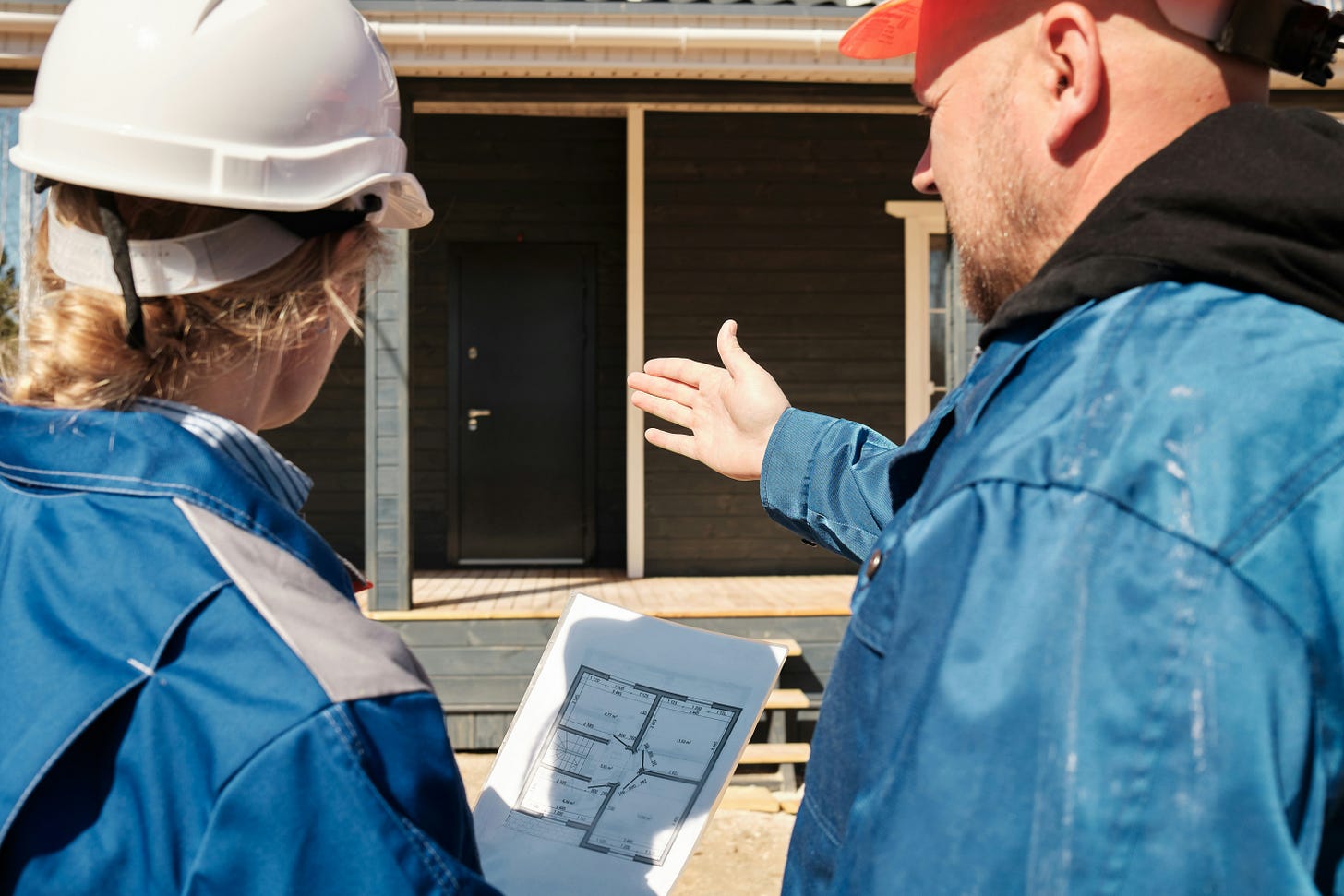A legislative blueprint for prescription drug reform
Plus: Lessons learned about the homeless mentally ill; what we know from the August jobs report; and why zoning reform alone won’t lower housing costs
A legislative blueprint for prescription drug reform: Eighty-two percent of Americans say prescription drugs cost too much—and without reform, patients will keep paying the world’s highest prices while struggling to afford the medicines they need. In a new paper, FREOPP Resident Fellow Gregg Girvan lays out a comprehensive blueprint to fix America’s broken prescription drug market—one that preserves innovation while making medicines affordable. The plan builds on the Fair Care Act, tackling patent abuse, FDA inefficiencies, opaque pharmacy benefit manager practices, and weak payer leverage, while also proposing further reforms to Medicare’s price negotiation program and federal payment rules. The takeaway: America can remain the world leader in drug innovation while ensuring patients actually benefit from it—if Congress enacts reforms that curb exploitation, expand competition, and put patients before entrenched interests.
→ Want more from FREOPP scholars on health care? Check out Visiting Fellow Grant Rigney’s argument for reconsidering the Affordable Care Act’s ban on physician-owned hospitals.
August jobs report confirms stagnation narrative: The August employment report confirmed that the U.S. labor market has stalled, adding only 22,000 positions and showing little net growth since April. FREOPP Visiting Fellow Aparna Mathur and Research Fellow Anmol Rathi describe the structural problems mounting beneath the 4.3 percent unemployment rate: long-term joblessness now makes up more than one-quarter of all unemployed, workforce participation remains depressed, and another 722,000 Americans have left the labor force compared to last year. Health care accounted for nearly all net job creation, masking steep losses in manufacturing, trade, energy, and the federal workforce. What’s more, persistent downward revisions to prior data raise additional concerns that real-time conditions are even weaker than reported. The report signals that policymakers face not just cyclical softening but entrenched challenges requiring urgent attention.
A tragedy in Charlotte can provide lessons about the homeless mentally ill: The murder of Ukrainian refugee Iryna Zarutska by a schizophrenic homeless man in Charlotte underscores a deeper policy failure: the inability to effectively treat and manage severe mental illness among the homeless. The suspect, long known to authorities for delusions and instability, cycled between prison, the streets, and ineffective encounters with police without ever receiving sustained treatment. At FREOPP’s OppBlog, Senior Fellow Michael Tanner argues that unless policymakers carefully expand legal mechanisms—like California’s conservatorship courts—that allow families and authorities to secure involuntary treatment while safeguarding civil liberties, tragedies like Zarutska’s will remain an all-too-predictable outcome of a systemic failure.
Zoning reform is necessary, but not sufficient to lower housing costs: Skyrocketing housing costs remain an urgent national problem but, as FREOPP Resident Fellow Roger Valdez describes in Forbes, the “YIMBY” or “Yes In My Back Yard” movement cannot fix the problem if it focuses narrowly on zoning reforms like reducing lot sizes or eliminating parking requirements. Case in point? The much-debated housing reforms in Austin, Texas. Regulatory tweaks made headlines but did little to spur construction because costs, fees, and market realities still block feasibility. While YIMBY policies are necessary, Roger argues that genuine affordability requires pairing regulatory relief with financial incentives, infrastructure investment, and market-aware solutions. Instead of vilifying single-family homes, policymakers should dismantle outdated zoning altogether and prioritize policies that empower builders, developers, and lenders to deliver housing at scale.
Thanks for keeping up with FREOPP, and have a great weekend!
FREOPP’s work is made possible by people like you, who share our belief that equal opportunity is central to the American Dream. Please join them by making a donation today.



